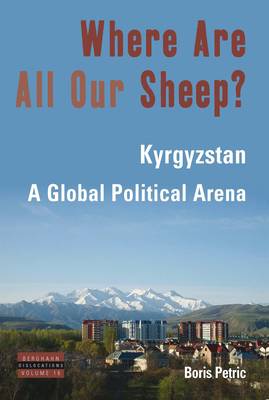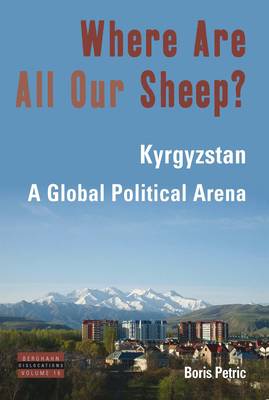
- Retrait gratuit dans votre magasin Club
- 7.000.000 titres dans notre catalogue
- Payer en toute sécurité
- Toujours un magasin près de chez vous
- Retrait gratuit dans votre magasin Club
- 7.000.0000 titres dans notre catalogue
- Payer en toute sécurité
- Toujours un magasin près de chez vous
Description
After the collapse of the USSR, Kyrgyzstan chose a path of economic and political liberalization. Only a few years later, however, the country ceased producing anything of worth and developed a dependence on the outside world, particularly on international aid. Its principal industry, sheep breeding, was decimated by reforms suggested by international institutions providing assistance. Virtually annihilated by privatization of the economy and deserted by Moscow, the Kyrgyz have turned this economic "opening up" into a subtle strategy to capture all manner of resources from abroad. In this study, the author describes the encounters, sometimes comical and tinged with incomprehension, between the local population and the well-meaning foreigners who came to reform them.
Spécifications
Parties prenantes
- Auteur(s) :
- Editeur:
Contenu
- Nombre de pages :
- 186
- Langue:
- Anglais
- Collection :
- Tome:
- n° 16
Caractéristiques
- EAN:
- 9781782387831
- Date de parution :
- 01-09-15
- Format:
- Livre relié
- Format numérique:
- Genaaid
- Dimensions :
- 152 mm x 229 mm
- Poids :
- 421 g

Les avis
Nous publions uniquement les avis qui respectent les conditions requises. Consultez nos conditions pour les avis.






